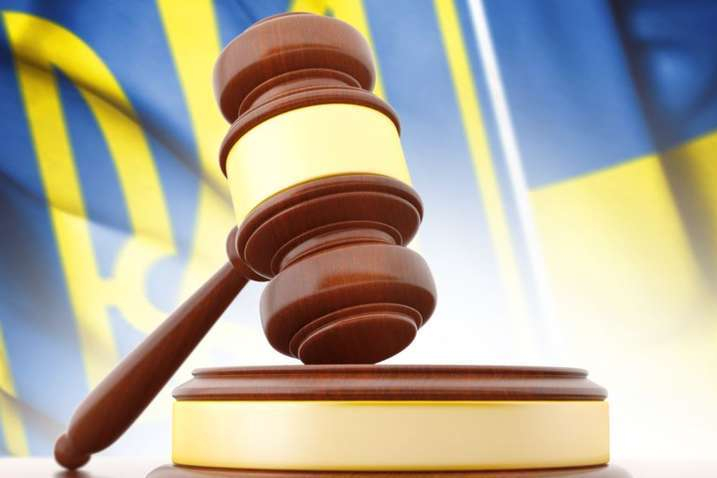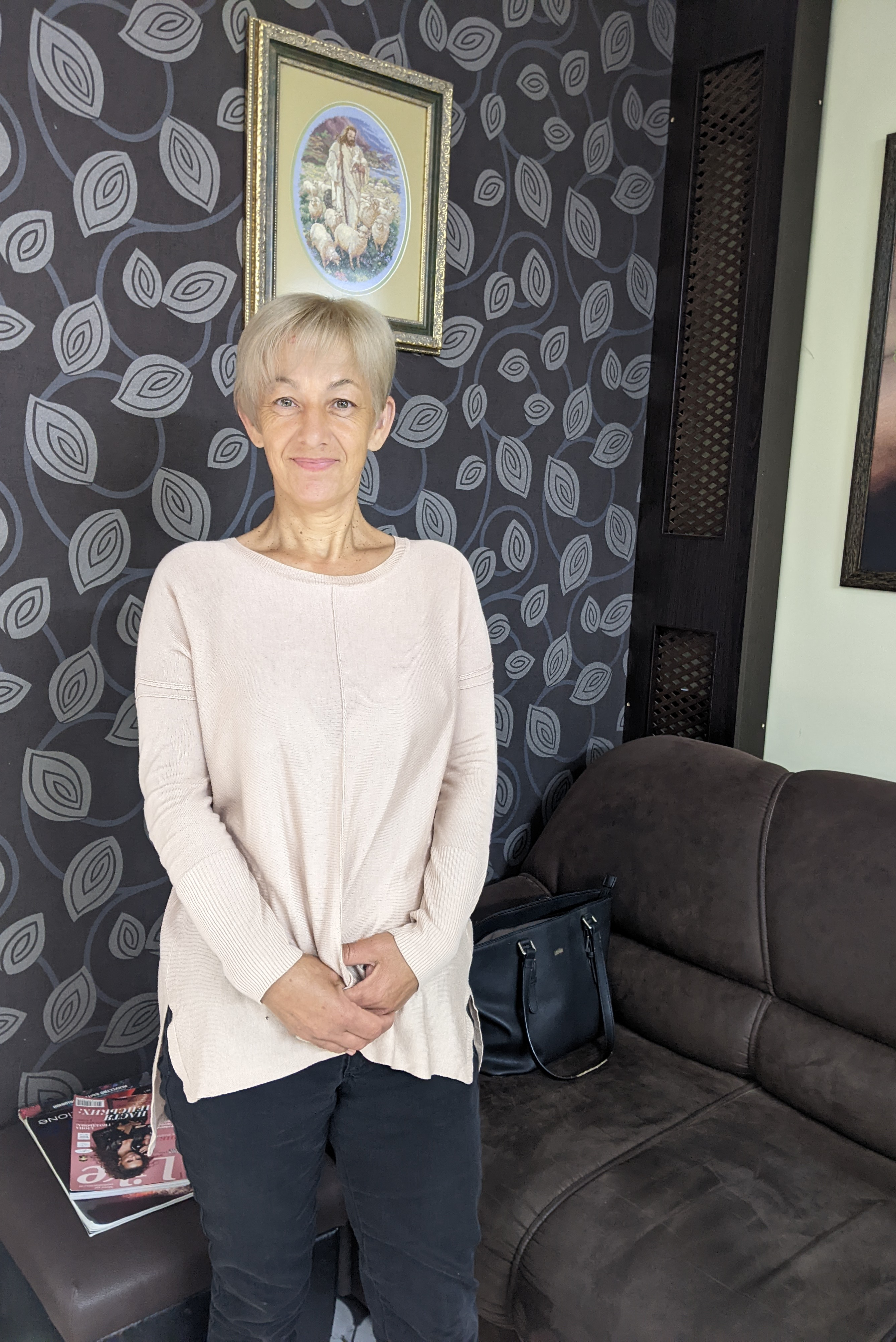Based on the stated position of the Supreme Court of Ukraine, a forced apology for a Facebook post is not provided for by the Civil Code of Ukraine as a way of judicial protection of dignity, honor or business reputation. In addition, such a forced apology is not consistent with the case law of the
of the European Court of Human Rights, the Supreme Court noted.
The court has no right to oblige the defendant to apologize to the plaintiff in any form, since forced apology as a way of judicial protection of dignity, honor or business reputation for disseminating false information is not provided for by law. This was emphasized by the Supreme Court in its decision of March 13, 2024 in case No. 712/10999/22.
Circumstances of the case
The case concerned the protection of honor, dignity and business reputation, refutation of false information and compensation for non-pecuniary damage.
The plaintiff claimed that the defendant had posted a post in an open Facebook group with frankly inaccurate and negative information about him, and that the post contained offensive defamatory comments.
The disseminated information became known to a wide range of people and negatively affected the plaintiff's business and public reputation. Therefore, he asked the court to recognize the disseminated information as false, untrue and degrading to his honor, dignity and business reputation; to oblige the defendant to publicly apologize and refute the disseminated information in the relevant Facebook group; and to recover UAH 60 thousand in non-pecuniary damage.
The courts of previous instances partially satisfied the claim, recognized the information as unreliable and humiliating; ordered the defendant to refute it by posting a message in the relevant Facebook group stating that the defendant publicly apologized to the plaintiff and asked to consider the disseminated information unreliable; and recovered UAH 20 thousand in compensation for non-pecuniary damage from the defendant.
The Court of Appeal, agreeing with the district court's conclusion, noted that the defendant, disseminating false information about the plaintiff, used words of objectively offensive content that, by their semantic meaning, cannot be attributed to those used in the language acceptable for communication in society, therefore there are no grounds to consider them value judgments, as the plaintiff unreasonably states in the appeal.
DECISION OF THE SUPREME COURT OF UKRAINE
When reviewing the case, the Supreme Court disagreed with the conclusions of the courts of previous instances for the following reasons.
From the context of all the disseminated information about the plaintiff, it is clear that the disseminated information did not contain indisputable statements of reliable factual data, but was based on information containing value judgments and criticizing the plaintiff's person and actions.
Pursuant to Article 277 of the Civil Code of Ukraine, value judgments are not subject to judicial protection. The court should distinguish between facts and value judgments. The existence of facts can be proven, while the truthfulness of value judgments cannot.
With regard to value judgments, this requirement cannot be met and is a violation of freedom of opinion itself, which is a fundamental component of the right guaranteed by Article 10 of the Convention for the Protection of Human Rights and Fundamental Freedoms (judgment of the European Court of Human Rights of July 8, 1986 (application no. 9815/82) in the case of Lingens v. Austria). The defendant did not disseminate information about the fact, and the information disputed by the plaintiff is essentially a value judgment of the defendant, which, in turn, contains offensive statements about the plaintiff's person. At the same time, opinions that are expressed by linguistic means, in particular, the use of hyperbole, allegories, satire, and are brutal in form, cannot be refuted.
If a subjective opinion is expressed in a brutal, humiliating or obscene manner that degrades dignity, honor or business reputation, the person who expressed the opinion or assessment in such a manner may be obliged to compensate for the moral damage caused. The conclusions of the courts of previous instances on the refutation of inaccurate information by posting a public apology on the group's Facebook page are erroneous. Part one of Article 34 of the Constitution of Ukraine guarantees everyone the right to freedom of thought and speech, to the free expression of their views and beliefs. The court has no right to oblige the defendant to apologize to the plaintiff in any form, since forced apology as a means of judicial protection of dignity, honor or business reputation for disseminating false information is not provided for in Articles 16 and 277 of the Civil Code of Ukraine.
This is in line with the case law of the European Court of Human Rights in its judgment of May 5, 2011 (application no. 33014/05) in the case of the Editorial Board of the newspaper "Pravoe Delo" and Shtekel v. Ukraine. In view of the above, the Supreme Court reversed the decisions of the courts of previous instances and issued a new decision dismissing the claim in part of the claims for recognition of inaccurate information and refutation of the disseminated information, by recovering UAH 10,000 from the defendant for non-pecuniary damage for offensive statements.
After conducting a Legal analysis of the situation,Legal opinion, a lawyer may conclude that it is necessary to conduct a legal analysis of the situation and take into account the analysis of the situation by a lawyer.
































